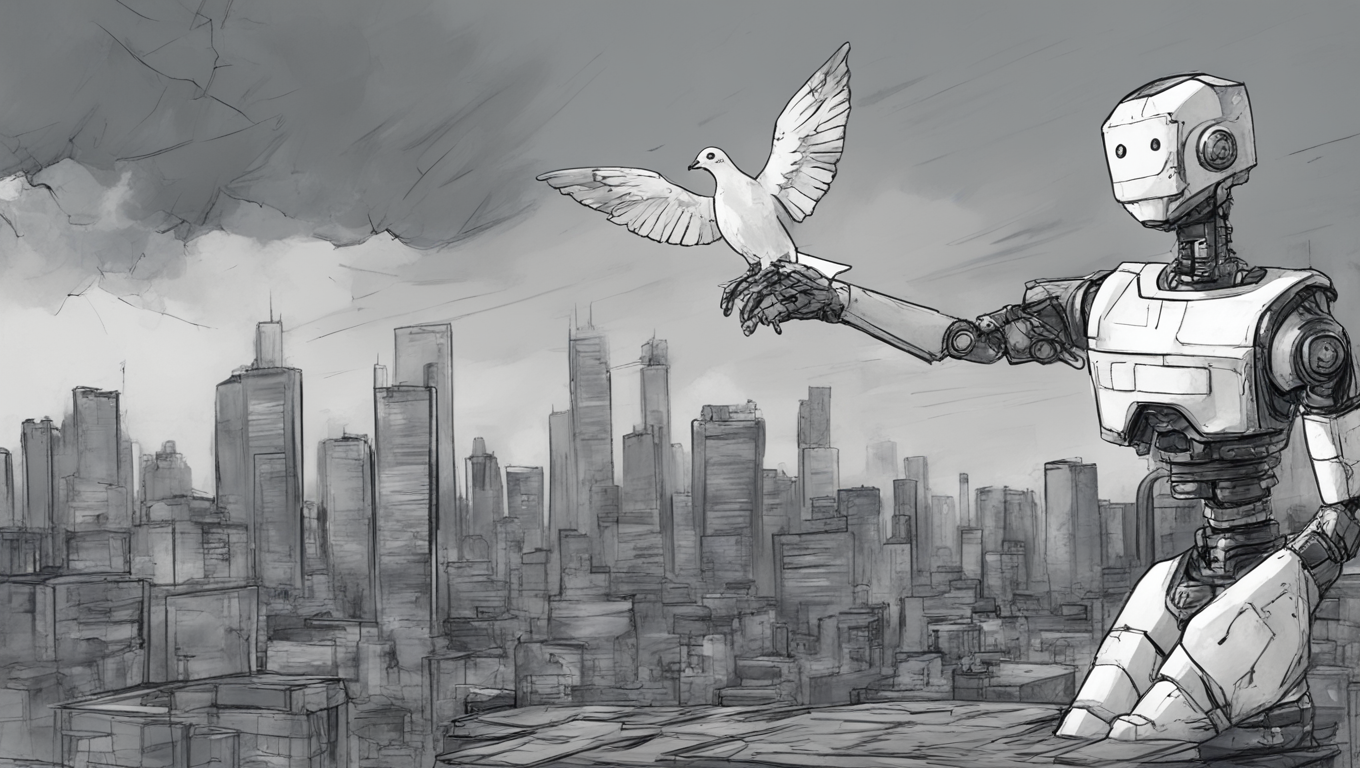The Nigerian government is taking steps to regulate the use of Artificial Intelligence (AI) in the country in order to combat identity theft and ensure responsible use of the technology. The Speaker of the House of Representatives, Tajudeen Abbas, announced this during the 7th Convocation Ceremony organized by the National Institute for Legislative and Democratic Studies in collaboration with the University of Benin.
Abbas emphasized the importance of having a regulatory framework in place for emerging technologies like AI and robotics. While acknowledging the immense benefits of these technologies, including improved healthcare, safer transportation, more efficient manufacturing, and sustainable energy, he also emphasized the need to prevent their misuse and abuse.
One of the major concerns with AI is the potential for bias in datasets and algorithms, which can reflect or reinforce gender, racial, or ideological biases. Additionally, the automation of routine tasks and the displacement of jobs by AI could deepen inequalities. Abbas also highlighted the rise of identity theft and fraud, particularly through the creation of highly realistic deep fakes.
Deep fakes are maliciously crafted videos, photos, and audio files that are intended to misinform, trick, and confuse people. These can be used to create societal unrest, carry out fraud, and damage the reputations of individuals and brands. To tackle these challenges, the 10th House of Representatives plans to engage stakeholders and experts to address issues of privacy, accountability, ethics, security, and intellectual property related to AI.
Abbas also emphasized the importance of integrating AI into the education system, as it can revolutionize teaching and learning methods. AI has the potential to personalize learning, enhance educational tools, and improve administrative systems. In collaboration with the executive branch, the House of Representatives intends to ensure the integration of emerging technologies, such as AI, robotics, and renewable energy, into the school curriculum.
In the coming weeks, Abbas plans to introduce a bill to regulate AI in Nigeria. This would make Nigeria the first country in Africa to have such legislation and one of the few worldwide. By regulating AI, Nigeria aims to harness the technology’s potential while addressing the challenges and ensuring better conditions for its development and use.
This move by the Nigerian government reflects a growing trend worldwide, as countries and governments recognize the need to establish regulations for emerging technologies like AI. It is crucial to strike a balance between reaping the benefits of these technologies and safeguarding against potential risks and harms.





Use the share button below if you liked it.